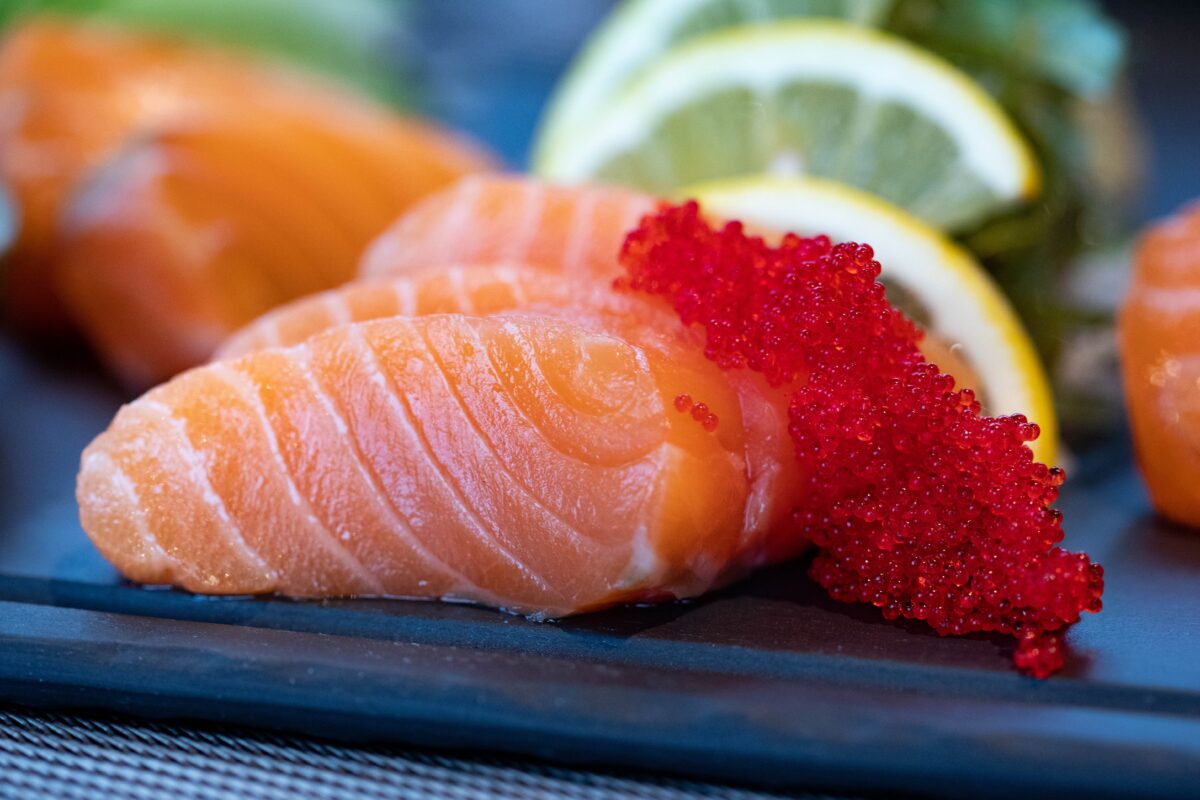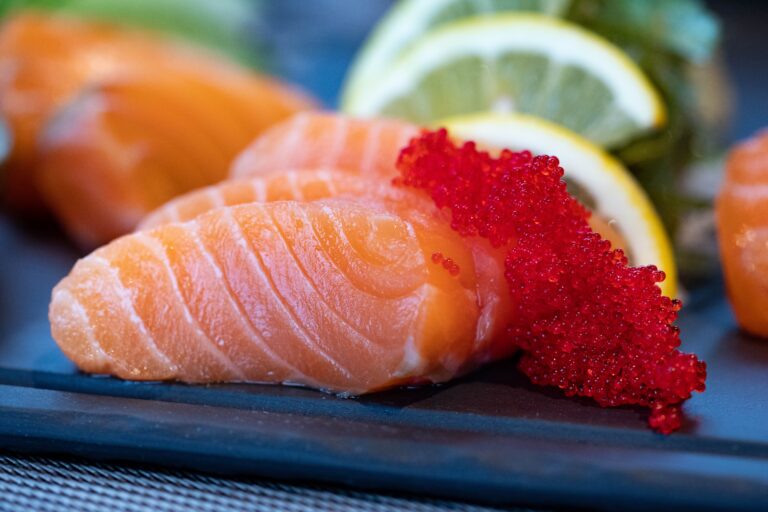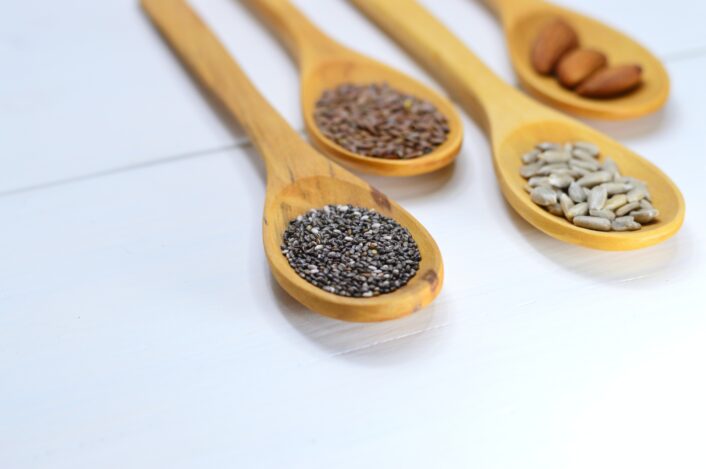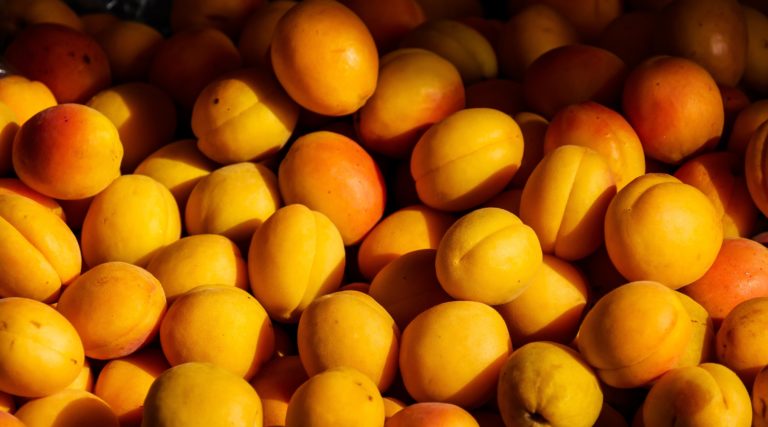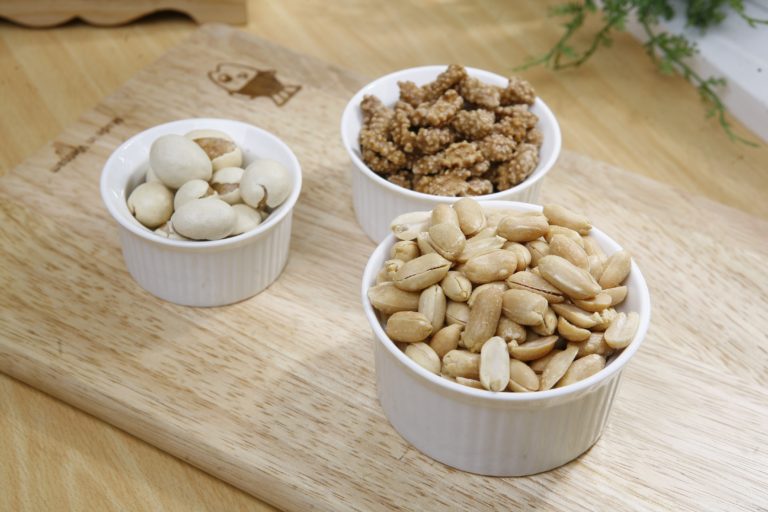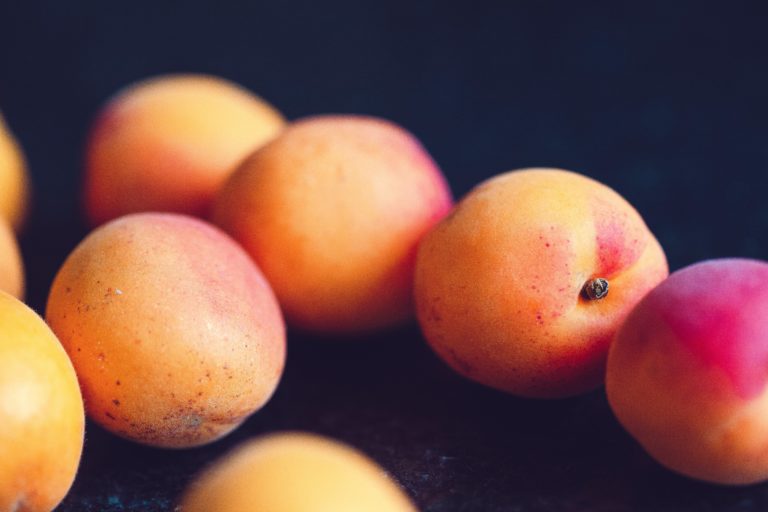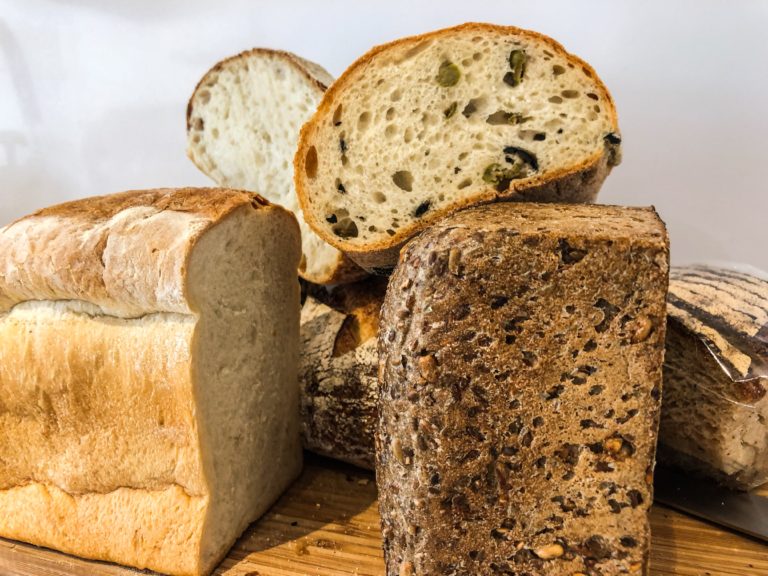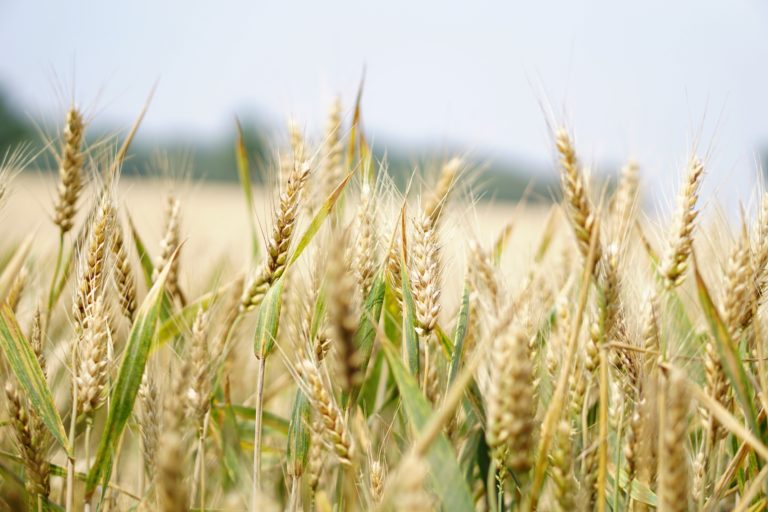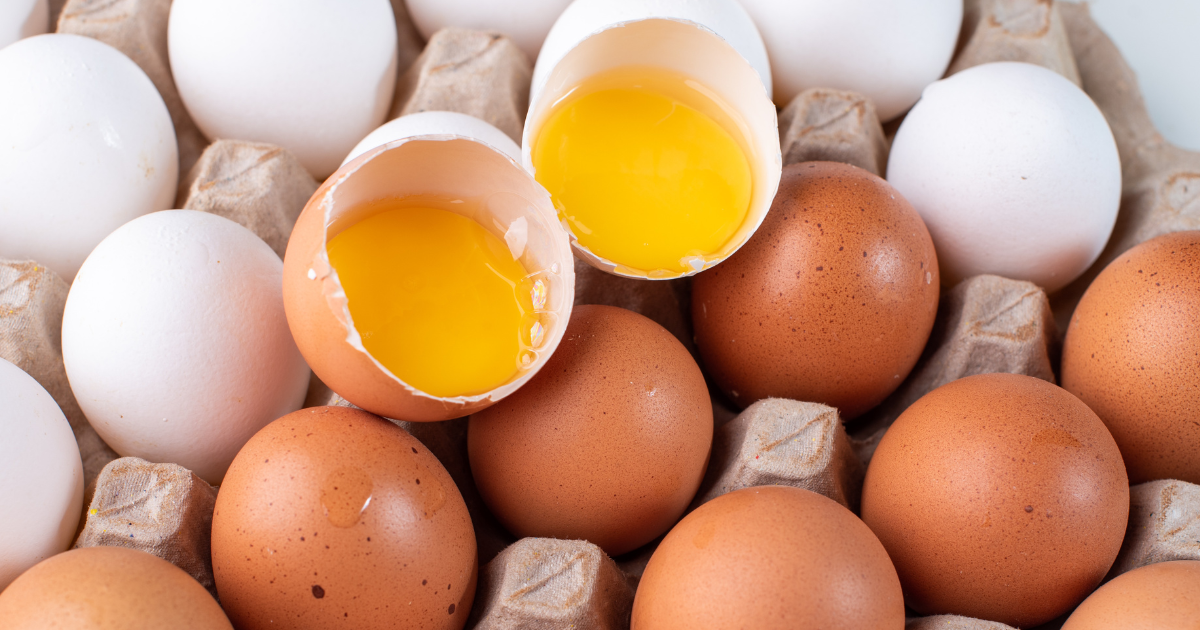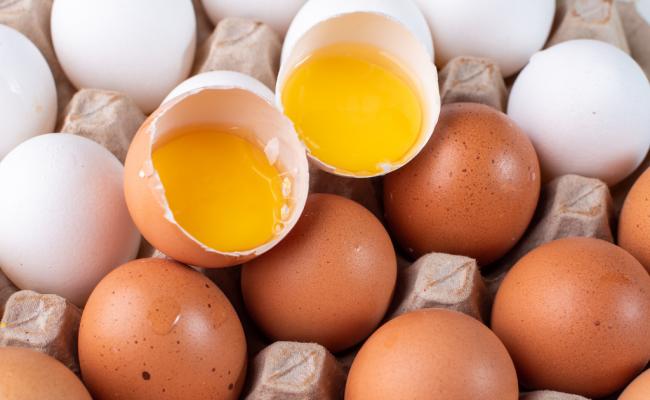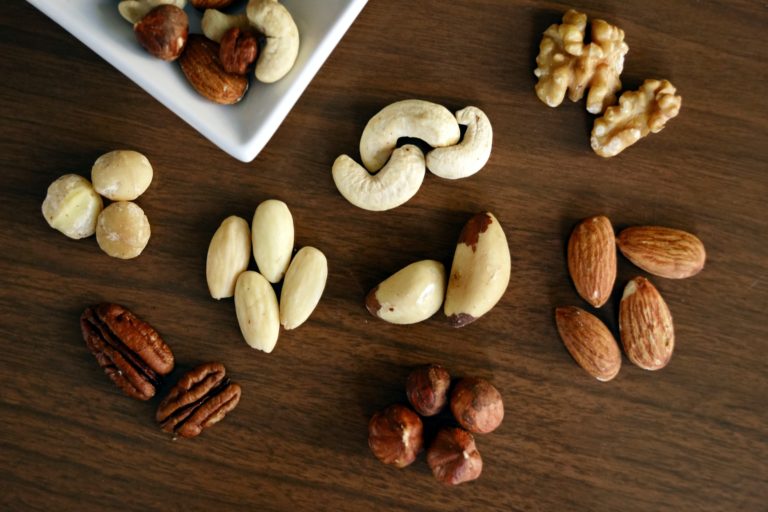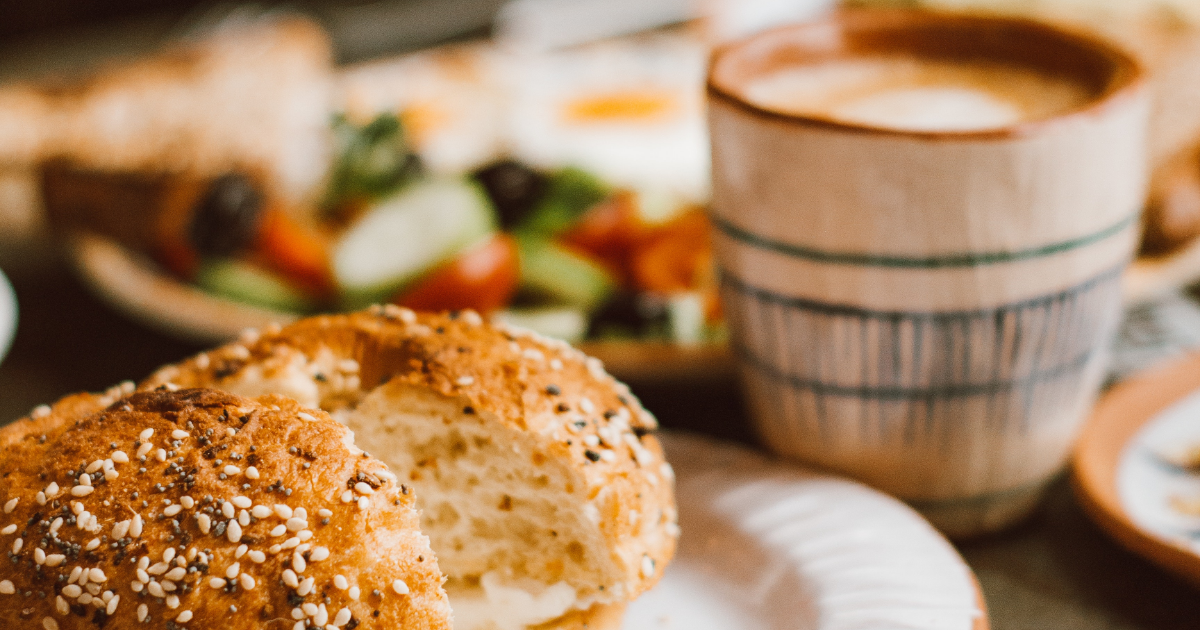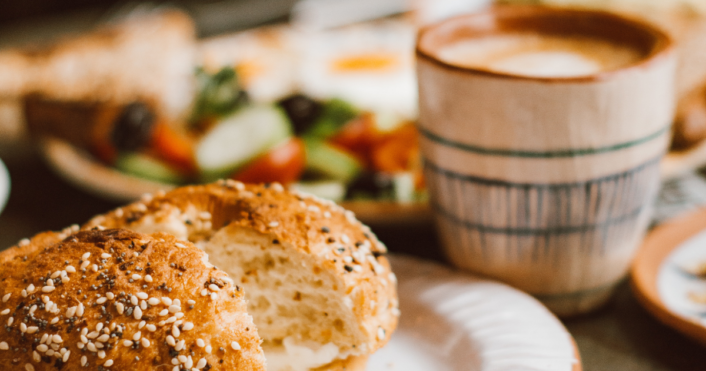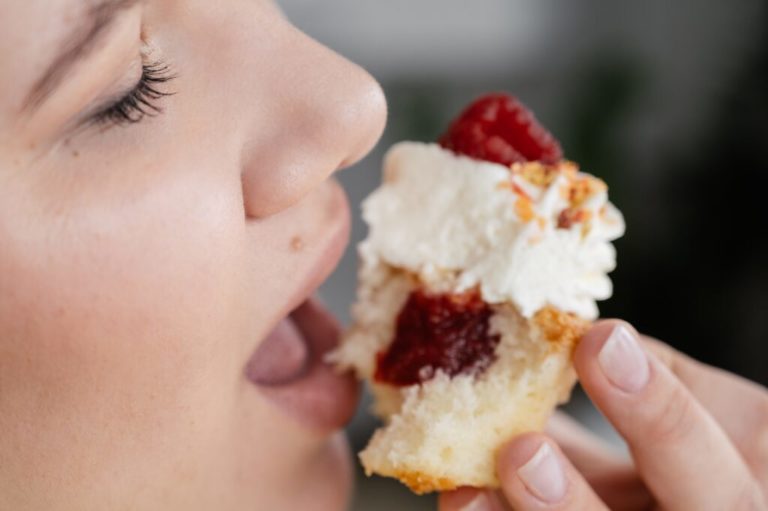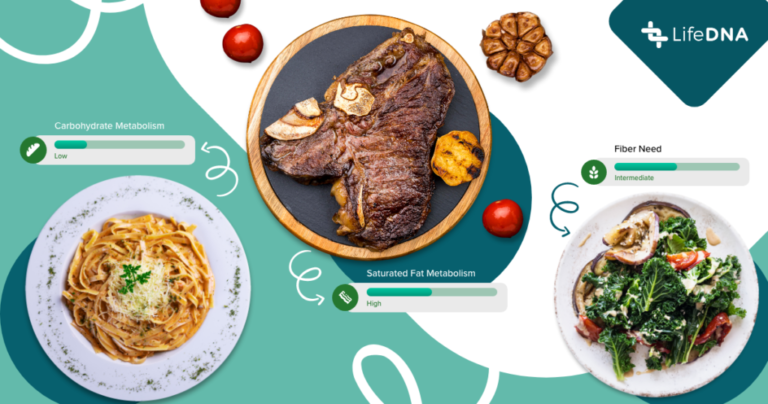What is Snacking Behavior?
Aira
on
October 22, 2023
What is Snacking Behavior?
Snacking behavior refers to the consumption of food and drinks other than main meals – breakfast, lunch, and dinner. The small meals or bites we take between our primary meals can range from a piece of fruit to a handful of chips.
Why Do People Snack? The Biology
Snacking is an integral part of many people’s dietary habits. But beyond the mere act of consuming food between meals, the biological reasons for snacking provide an intriguing insight into our body’s inner workings and the evolutionary pressures that shaped them.
Hunger and Satiety Mechanisms
The primary biological reason for snacking is due to our body’s hunger and satiety mechanisms. The hypothalamus in the brain plays a critical role in regulating these mechanisms. It responds to signals from hormones like ghrelin, which stimulates hunger, and leptin, which signals satiety. When our energy levels drop, ghrelin production increases, prompting us to seek out food. Conversely, our leptin levels rise after we have eaten, signaling that we have had enough.
Blood Sugar Regulation
Blood sugar levels can also influence snacking. When blood sugar drops, the body seeks a quick source of energy. Carbohydrate-rich snacks, for example, can rapidly boost blood sugar levels, alleviating feelings of hunger or fatigue. But, consistently relying on sugary snacks can lead to peaks and troughs in blood sugar, increasing the urge to snack frequently.
We will discuss this cycle of hunger and satiety in more detail in our blog on the Genetics of Appetite.
Metabolic Rate Variations
Everyone’s metabolism is slightly different from others’. Some people have faster metabolic rates, meaning they burn calories more quickly and might feel hungry more often. In contrast, those with a slower metabolic rate may not feel the need to snack as much.
Evolutionary Perspective
From an evolutionary standpoint, our ancestors did not always have the luxury of regular meals. Snacking, or eating whenever food was available, was crucial for survival. Our modern snacking behavior might be a trace of this “eat when you can” approach, a biological drive to ensure we have enough energy stored for times of scarcity.
Brain Reward System
Beyond pure physiological hunger, the brain’s reward system also plays a role in snacking. Foods, especially those rich in sugar, salt, and fat, can stimulate the release of dopamine, a neurotransmitter associated with pleasure and reward. Over time, we might seek out snacks more to experience the pleasurable feeling associated with certain foods than to satiate hunger.
Section Summary
The biology of snacking is a complex interplay of physiological needs, metabolic processes, and brain chemistry, all influenced by our evolutionary history. Understanding these factors can provide insights into our modern dietary habits and how to make healthier snacking choices.
Genetics of Snacking Behavior
The predisposition of some individuals to snack more frequently or prefer certain types of snacks might be genetic. Scientists have recently identified several genes that might influence snacking habits.
FTO Gene
The FTO gene, often labeled as the “obesity gene,” is one of the most extensively studied genes concerning eating habits and weight management. Variants of this gene are linked to increased calorie intake and a preference for high-calorie foods. Individuals with specific variants of the FTO gene might find it more challenging to resist calorie-dense snacks.
For example, individuals harboring the “A” allele of SNP rs9939609 are less likely to feel satiated or full after eating. This reduced sensation of fullness can lead to increased food intake, potentially contributing to weight gain or obesity over time.
In a fascinating study published in 2017, researchers observed the consumption of advertised food in children. When subjected to food advertisements, the children consumed an average of 48 kCals more of the recently advertised food than their peers who watched toy advertisements. Interestingly, the consumption of the recently advertised food related to viewing food advertisements increased linearly with every additional FTO risk allele (“A” allele in SNP rs9939609) present in the individual.
MC4R Gene
The MC4R gene encodes the melanocortin 4 (MC4) receptor, which interacts with alpha-melanocyte-stimulating hormone (a-MSH). Predominantly found in the brain’s hypothalamus region, this receptor plays a pivotal role in regulating food consumption, metabolic processes, and reproductive behaviors, among other functions.
Variants of this gene can influence feelings of satiety, which means individuals with specific mutations might feel hungry sooner after a meal, leading to more frequent snacking. In a study involving participants from various European nations, the rs17782313 “C” variant was linked to heightened feelings of hunger, increased snacking tendencies, and the consumption of larger food quantities.
In another study on 5724 women, the risk allele C of rs17782313 was significantly associated with higher intakes of total energy and dietary fat.
In a recent study on 151 Chinese children and their parents, individuals carrying the MC4R rs12970134 “A” variant displayed a heightened inclination towards food and had a higher intake of beverages.
DRD2 Gene
The DRD2 gene stands for dopamine receptor D2 and encodes the D2 subtype of the dopamine receptor. D2 receptor plays a significant role in the neurotransmission of dopamine, a crucial neurotransmitter involved in pleasure, reward, and motivation, among other functions. People with specific variants of the DRD2 gene might derive more pleasure from eating, which can translate to more frequent snacking or a preference for pleasurable, often unhealthy, snacks.
A 2018 study investigated the association of DRD2 Taq1A, Taq1B, and Taq1D gene polymorphisms with eating behavior, the preference/intake frequency/craving of high-fat foods, and obesity in 394 Malaysian adults. Participants carrying the A1 or B1 allele demonstrated a lower Cognitive Restraint score and a higher Uncontrolled Eating score. Additionally, those with the A1/A1 or B1/B1 genotype strongly preferred fast food.
DRD2 gene variants also influence binge eating disorder, bulimia nervosa, and other substance abuse issues.
BDNF Gene
The BDNF gene encodes for the brain-derived neurotrophic factor (BDNF) protein. BDNF is a member of the neurotrophin family of growth factors and plays a critical role in the development, maintenance, and plasticity of the central and peripheral nervous systems. Some research suggests a potential connection between BDNF and eating behaviors. Specific variants in the BDNF gene are associated with anorexia nervosa and other eating disorders.
As per a 2021 study comparing patients with anorexia nervosa to healthy controls, the serum BDNF levels in the patients were slightly lower upon admission. However, these levels steadily rose as time progressed, surpassing those in healthy controls at the 2.5-year mark. At discharge, they found a negative correlation between BDNF levels and the severity of eating disorder symptoms.
LEP Gene
The LEP gene codes for leptin, a hormone predominantly produced in adipose (fat) cells. It plays a crucial role in regulating appetite, energy expenditure, and body weight. Variations in the LEP gene and its receptor (LEPR) have been of interest in numerous studies investigating obesity and eating behaviors.
A 2021 article on the genetic and molecular examined the evidence supporting the influence of the hormones leptin and ghrelin on snacking. The article highlighted that individuals with the genotype CT of the rs791607 SNP had a tendency for higher snack consumption.
LEPR Gene
The LEPR gene is associated with the leptin receptor and regulates body weight, energy balance, and appetite. Leptin is a hormone that signals the brain to reduce appetite when energy stores (in body fat) are sufficient.
Early GWAS studies on the LEPR gene established the significant influence of intronic G/A variant rs2025804 on body mass index (BMI). Another study showed that individuals with the risk variant of rs2025804 had the propensity for higher BMI and lower energy. And more recently a 2022 cross-sectional study observed that carriers of the “G” allele of this variant had a tendency for extreme snacking behavior.
PLIN1 Gene
The PLIN1 gene (Perilipin 1) regulates lipid storage and metabolism in adipocytes (fat cells). While its primary function revolves around lipid metabolism, several studies have looked into its potential association with obesity and related eating behaviors, such as snacking. Variations in this gene influence how individuals metabolize and store fat from snacks. It means two individuals consuming the same fatty snack might store that fat differently based on their PLIN1 gene variation.
Section Summary
While genetics can provide insight into our potential snacking behaviors, it’s essential to remember that genes are not destiny. Environmental factors, personal choices, and lifestyle are crucial in shaping our eating habits.
Evolutionary Significance of Snacking
Evolutionary biologists posit that our ancestors, the hunter-gatherers, used to eat multiple small meals throughout the day based on food availability. This approach ensured they had the energy to hunt and gather effectively. Further, the ability to ingest more energy than you expend was beneficial because it allows for energy (fat) storage that may be required in times of food scarcity.
Non-Genetic Factors Influencing Snacking Behavior
Beyond genetics, several non-genetic factors influence our snacking habits:
Emotional State: Stress, boredom, or emotional distress can lead to comfort eating or emotional snacking.
Social Environment: Peer pressure or societal norms can influence snacking. For instance, group settings might make some consume more snacks than alone.
Accessibility: The easier it is to access snacks, especially unhealthy ones, the more likely people are to consume them.
Ideas for Healthy Snacks
Not all snacking is bad. Healthy snacking can provide essential nutrients and keep energy levels stable. Here are some nutritious snack ideas:
- A handful of nuts.
- Greek yogurt with berries.
- Baby carrots with hummus.
- Apple slices with almond butter.
- Whole-grain crackers with cheese.
Can Snacking be a Good Habit?
Whether snacking is a ‘good’ habit depends mainly on what and how much you’re eating. Healthy snacks in moderation can balance blood sugar levels, provide essential nutrients, and prevent overeating at mealtimes. However, excessive or unhealthy snacking can lead to weight gain and other health issues.
About the LifeDNA Nutrition Report
The Nutrition Report from LifeDNA offers genetically tailored nutrition insights that can help optimize your wellness. The report delves into your unique genetic predispositions and provides dietary recommendations from macro to micronutrients. Do you have a higher genetic likelihood for lactose intolerance or gluten sensitivity, or how well your body metabolizes caffeine?
The LifeDNA Nutrition report includes a specific analysis for Increased Snacking Behavior. Get yours here.
Summary
Snacking behavior is an intricate blend of genetics, biology, evolution, and personal circumstances. While our genes and evolutionary history might make us more prone to snack, our choices can determine whether this behavior is beneficial or detrimental to our health. Opting for nutritious snacks in moderation can turn snacking into a health-enhancing habit.
References
- https://academic.oup.com/jcem/article/93/9/3640/2597494
- https://www.ncbi.nlm.nih.gov/pmc/articles/PMC5209258/
- https://pubmed.ncbi.nlm.nih.gov/19153581/
- https://www.ncbi.nlm.nih.gov/pmc/articles/PMC2572696/
- https://www.ncbi.nlm.nih.gov/pmc/articles/PMC5433775/
- https://pubmed.ncbi.nlm.nih.gov/29737821/
- https://pubmed.ncbi.nlm.nih.gov/22683321/
- https://pubmed.ncbi.nlm.nih.gov/8974314/
- https://www.ncbi.nlm.nih.gov/pmc/articles/PMC8526129/
- https://pubmed.ncbi.nlm.nih.gov/15601970/
- https://www.sciencedirect.com/science/article/abs/pii/S0195666306002078?via%3Dihub
- https://www.ncbi.nlm.nih.gov/pmc/articles/PMC3124340/
*Understanding your genetics can offer valuable insights into your well-being, but it is not deterministic. Your traits can be influenced by the complex interplay involving nature, lifestyle, family history, and others.
Our reports have not been evaluated by the Food and Drug Administration. The contents on our website and our reports are for informational purposes only, and are not intended to diagnose any medical condition, replace the advice of a healthcare professional, or provide any medical advice, diagnosis, or treatment. Consult with a healthcare professional before making any major lifestyle changes or if you have any other concerns about your results. The testimonials featured may have used more than one LifeDNA or LifeDNA vendors’ product or reports.




